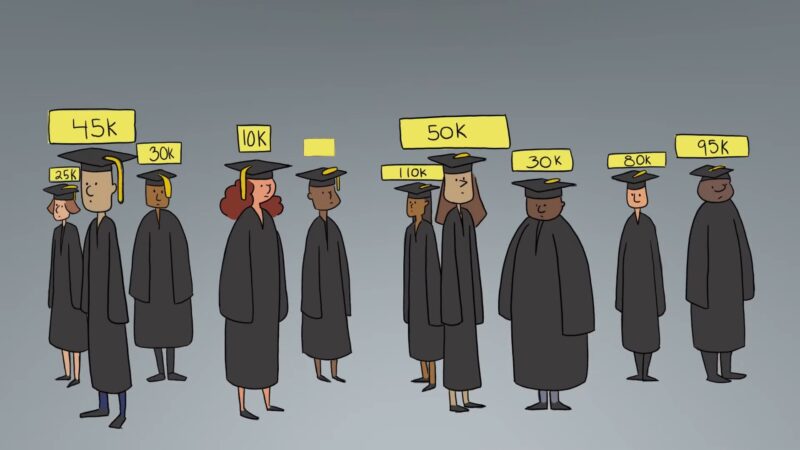The student loan industry is attempting to downplay the seriousness of the “pay for play” scandals that rocked the industry in 2007. Lenders have been sharing talking points with Senators and staff, arguing that no laws were broken and no criminal penalties were imposed during the investigations.
However, this is a blatant attempt to sweep the scandal under the rug, as New York Attorney General Andrew Cuomo did charge several colleges and lenders with violating federal and state laws.
The lenders’ claims are made even more questionable by the fact that they quickly reached settlement agreements with Cuomo’s office instead of defending their practices in court. The lax enforcement by the Bush Administration’s appointees at the U.S. Department of Education, who had close ties to the student loan industry, allowed these companies to avoid penalties.
However, with new leadership at the Education Department, the industry’s tactics may no longer be effective. Recently, the Department ordered the Iowa Student Loan Liquidity Corporation (ISL) to repay the federal government nearly $16 million for violating federal law by making excessive payments to Iowa State University’s alumni association to steer borrowers their way.

Other loan companies, like Nelnet, are also under scrutiny for their past practices. The Education Department’s renewed interest in enforcement should prompt the student loan industry to reconsider their talking points if they want to maintain credibility on Capitol Hill. The impact of the scandals and the need for accountability remain significant concerns in the student loan industry.






